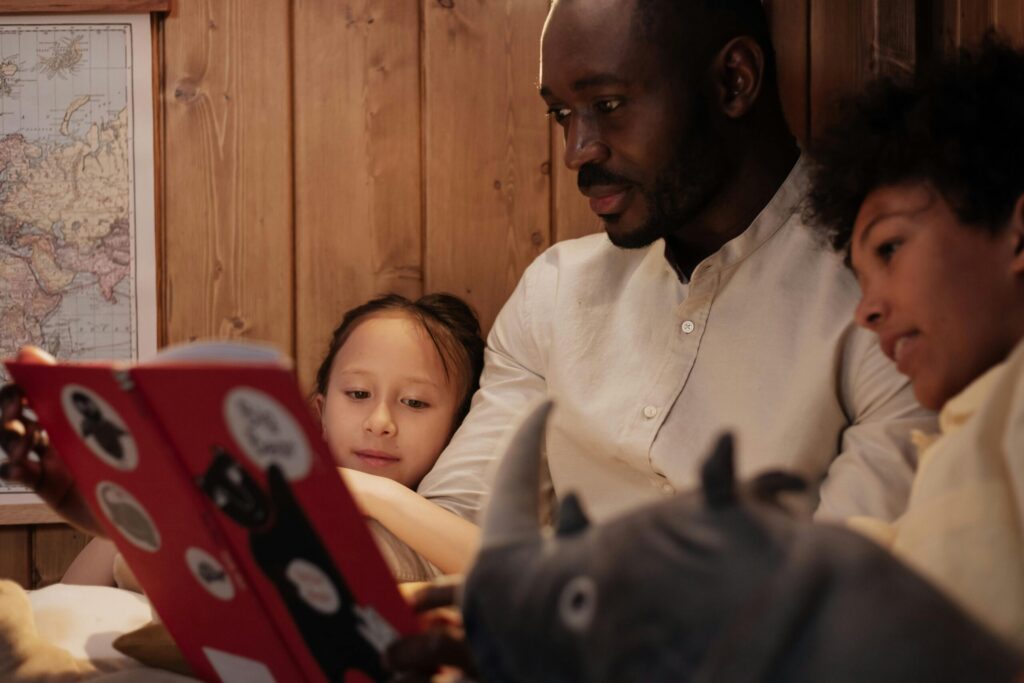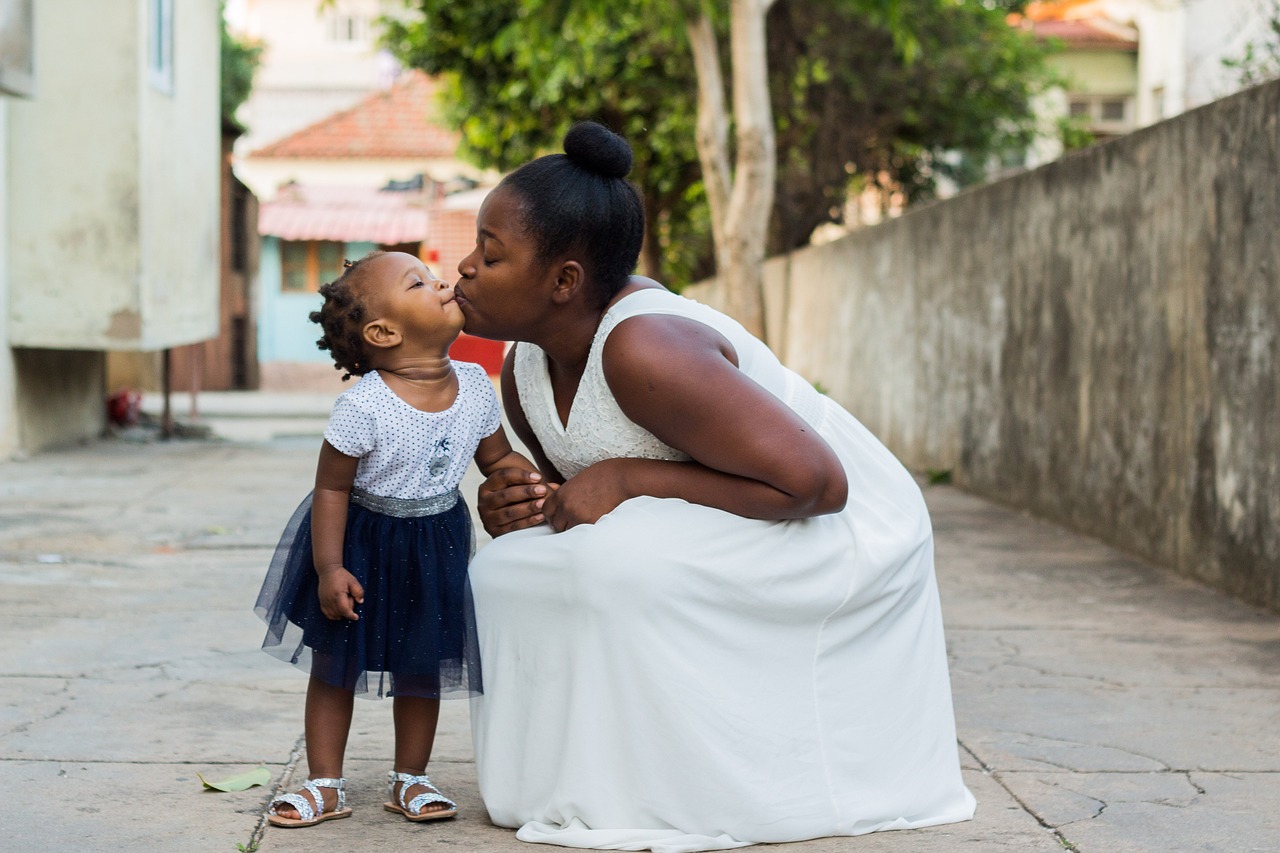Your cart is currently empty!
When schools talk about Check-In/Check-Out (CICO), it’s usually about tracking behavior. It’s done in an effort to ensure kids “stay on task” and “follow the rules.” But this method often feels disconnected and disingenuous when interacting with black and brown children, and especially so for connecting with our children with developmental differences.
What if we flipped that script? What if CICO wasn’t about compliance, but connection? What if it was a daily rhythm rooted in culture, trust, and healing—a practice that supports our children’s whole selves?
That’s what I call CICO for the Culture.
What Is CICO, Really?
In schools, CICO means your child’s school staff or faculty “check in” with your child at the start of the day, and “check out” at the end of his/her day to review behavior goals. But it’s often transactional and focused on what kids shouldn’t do, rather than what they need to have better outcomes in their day.
Here’s what I know as a former student who attended “resource classes”, a mother of three neurodivergent children, and now a certified special education educator: Our children deserve to be listened to and validated. So, they deserve a CICO that looks like presence over punishment, love over limits, and culture over control. But just like you and I both know, learning starts first, at home.
CICO for the Culture: The Framework I Use at Home
Here’s how I bring this to life every day—no pressure, just presence and care.
Morning Check-In: Setting the Tone
My youngest two were homeschooled by me this year, but will be returning back into the traditional school environment this upcoming academic year (e.g., private and hybrid). Still, I help set the tone for their day by allowing them to get “grounded” or connect with themselves before they even go to eat breakfast. First, I set a visual timer (no loud alarm or harsh interruptions). This creates quiet time for my children to start their day gently—with gratitude, meditation, or simply peaceful stillness. During this time, they affirm themselves with words that root them in confidence and love. I also offer extra affirmations—ask me how—because those little words of encouragement are seeds that grow self-agency.
Midday Check-In: Holding Space
As parents and caregivers, we recognized how transitions can be hard for neurodivergent kids, so in my home, I offer gentle check-ins before and after those moments—ask me why and how this makes a difference. It’s about steadying their hearts and grounding their minds, reminding them they are not alone when life gets to life-in’.

EVENING CHECK-IN: REFLECTION
By the end of a full day, we all need to recenter. As a result, we create options to choose how we reflect. Sometimes it’s drawing, sometimes by talking, sometimes just by sitting quietly together. There’s no pressure to “perform” or “fix” anything. It’s about “being there” for whatever feelings or stories come up, honoring that reflection looks different for each of us.
The Research Backing What We Know
You don’t have to take my word for it—studies show that culturally responsive, parent-led approaches improve outcomes and build confidence:
- Black families co-designed sensory therapy programs, resulting in better trust and engagement from children and caregivers (Bal, Thorius, & Kozleski, 2012).
- Latinx mothers who have designed bilingual coaching models saw real gains in their children’s development and their own parenting confidence when interventions respected their culture and language (Lopez et al., 2024).
- Schools using Culturally Responsive Positive Behavior Interventions and Supports (CR-PBIS) with family input, lowered suspension rates and created more equitable environments for students of color (Bal et al., 2021).
Why This Matters
Our children aren’t just their behavior charts or IEP goals. They are whole beings— despite their delays or diagnosis— full of culture, feelings, spirit, and brilliance. When we reclaim tools like CICO and make them about connection and culture, we’re not just supporting behavior; we’re nurturing their identity and belonging.
What You Can Do
- Start with your own gentle morning check-in with a visual timer or quiet space.
- Notice transitions during your child’s day and offer small moments of grounding and support.
- Create a reflection practice that fits your family—drawing and/or writing, talking, or silent presence.
- Share your journey with others. Build community rooted in heart and culture.
- Ask Us Questions. If we don’t have the answer, we will get one, and the right one, for you and your children.
~TY Marian
References
- Lopez, K., Koegel, L. K., & Koegel, R. L. (2024). Parent-mediated autism intervention through a culturally informed lens: Parents Taking Action and Pivotal Response Training with Latine families. Healthcare (Basel), 12(23), 2381. https://doi.org/10.3390/healthcare12232381
- Bal, A., Thorius, K. K., & Kozleski, E. (2012). Culturally Responsive Positive Behavioral Interventions and Supports Matters. The Equity Alliance at Arizona State University. https://d1wqtxts1xzle7.cloudfront.net/44236110/CRPBIS_20Brief_Bal_20et_20al_2012-libre.pdf
- Bal, A., Afacan, K., Sharma, A., & Schrader, E. M. (2021). Implementing Equity-Focused PBIS: A Randomized Controlled Trial. School Psychology, 36(6), 433–446. https://doi.org/10.1037/spq0000466


Leave a Reply